|
Challenges in dealing with the fallout of COVID-19 are multiplied for residents of Shivaji Nagar, one of Mumbai’s poorest and most underdeveloped neighbourhoods. It’s a high density area with scant sanitation or clean water. Most people live a hand-to-mouth existence. Though vulnerable, residents are fighting hard to keep the pandemic at bay. Helped by a local NGO, Apnalaya, a volunteer-driven programme has been organised to keep track of infections and limit their spread while delivering free food and water to people who need it. Ishita Chatterjee explains.
The United Nations and a range of countries have called on the warring factions in Libya to agree to a truce. All to no avail. Civil war in the country has been raging on for six years, recently reaching a new level of ferocity with the ongoing battle for control of the capital. As Jacob Mundy sets out, the highly internationalised conflict has many owners. What’s lacking are champions for peace.
|
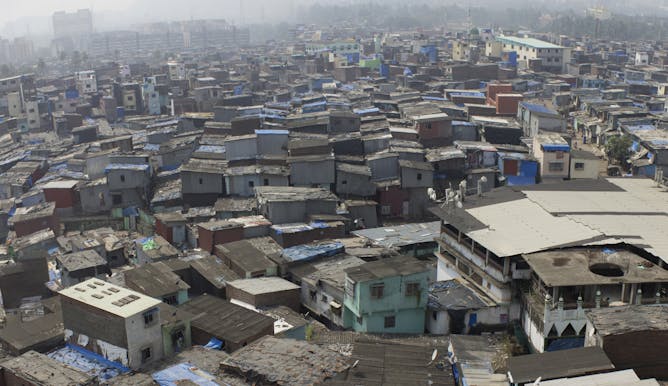
Aerial view of Shivaji Nagar.
Ishita Chatterjee, University of Melbourne
Long before the Indian government responded to the threat of COVID-19 with a lockdown, residents of Shivaji Nagar, with the support of a local NGO, were protecting and helping one another.
|
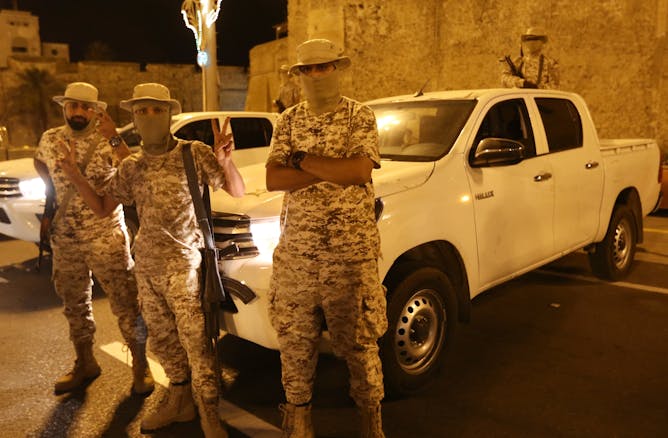
The peace process is at an impasse in Libya’s protracted civil conflict.
Hazem Turkia/Anadolu via Getty Images
Jacob Mundy, Colgate University
The peace process has unfolded in fits and starts, and thus far there doesn't seem to be a light at the end of the tunnel.
|
Science + Technology
|
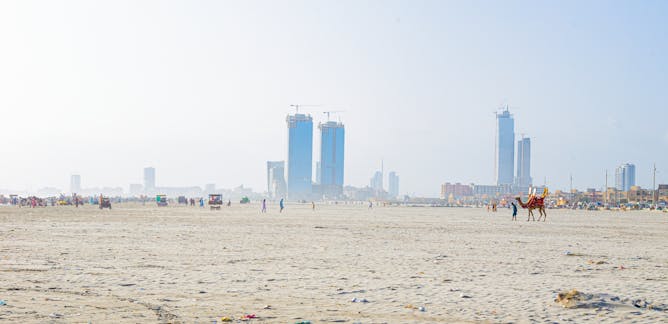
Tom Matthews, Loughborough University; Colin Raymond, California Institute of Technology
'Wet-bulb' temperature records show that deadly thresholds for heat and humidity are arriving faster than anticipated.
| |

Saumil Vadodaria, University of Birmingham
New manufacturing processes will revolutionise the way we take our medicines.
|
|
|
Business + Economy
|
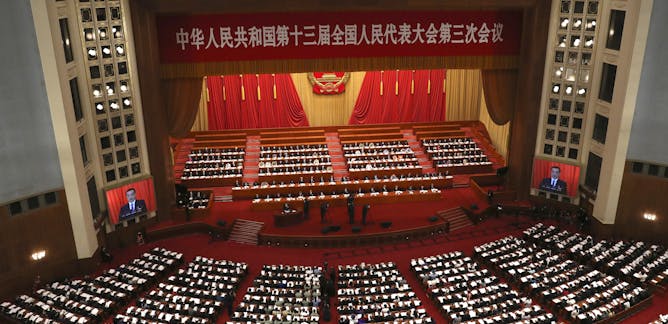
Jane Duckett, University of Glasgow; Holly Snape, University of Glasgow; Hua Wang, University of Glasgow; Yingru Li, University of Glasgow
When China's Premier Li Keqiang delivered the annual government work report on the opening day of the National People's Congress, COVID-19 was at the heart of it.
| |
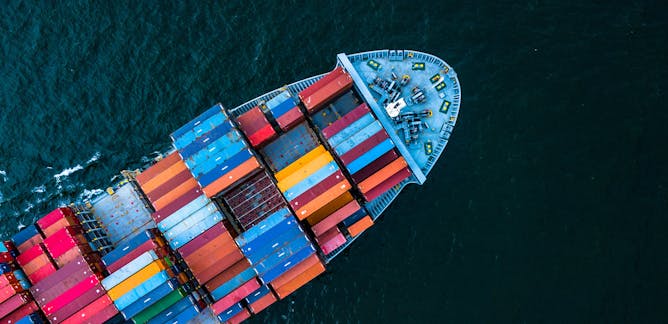
Jun Du, Aston University; Agelos Delis, Aston University; Mustapha Douch, Aston University; Oleksandr Shepotylo, Aston University
Tumbling global trade with China proves no country or sector is an island.
|
|
|
En Français
|

Andréa Thiebault, Nelson Mandela University; Isabelle Charrier, Université Paris-Saclay; Pierre Pistorius, Nelson Mandela University; Thierry Aubin, Université Paris-Saclay
Une équipe de chercheurs a découvert que les manchots émettent des sons sous l’eau. Voici les détails de cette fascinante découverte.
| |
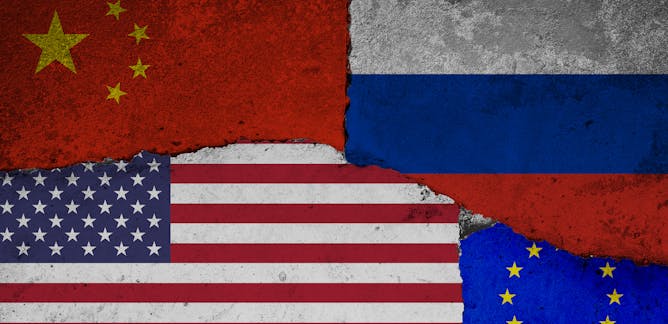
Nicolas Tenzer, Sciences Po – USPC
Le monde d’après l’épidémie ne sera pas radicalement différent de celui d’avant. La crise ne fait qu’exacerber des tendances préexistantes.
|
|
|